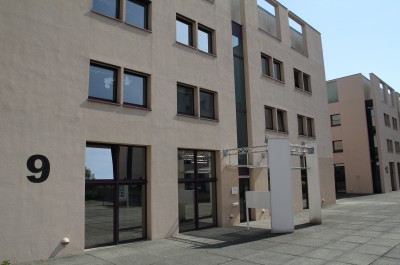| Project period |
01.07.2022-31.12.2025
| Project staff |
Prof. Dr. Tillmann Bartsch (project manager)
| Client and financing |
Federal Ministry for Family Affairs, Senior Citizens, Women and Youth
| Collaborators |
Prof. Dr. Elke Gurlit, Chair of Constitutional and Administrative Law, Comparative Law, and European Law at the Johannes Gutenberg University Mainz
Prof. Dr. Joachim Renzikowski, Chair of Criminal Law, Philosophy/Theory of Law at the Martin Luther University Halle Wittenberg
| Project description |
On July 1, 2017, the law for the protection of persons working in prostitution (Prostitute Protection Act – ProstSchG) went into effect. Section 38 of ProstSchG requires the evaluation of this law; the final report shall be submitted to the Bundestag by July 1, 2025.
The Criminological Research Institute of Lower Saxony (KFN) is conducting the evaluation of the Prostitute Protection Act on behalf of the Federal Ministry for Family Affairs, Senior Citizens, Women and Youth (BMFSFJ) with the participation of the listed subcontractors. The aim of the project is a retrospective impact assessment based on a multi-method research design.
The project is structured in five modules and 18 work packages. The theoretical and empirical findings obtained from the modules will be incorporated into the final evaluation of the ProstSchG. The project is based on a review and evaluation of case law, research literature, media reports on the topic, and a bright field data analysis of federal statistics on the ProstSchG.
The empirical core module focuses on the experiences of all groups of persons to whom the ProstSchG is directed. For this purpose, focus groups and group discussions, qualitative interviews with experts, visits to authorities, and four different quantitative surveys will be conducted. The focus is primarily on the experiences of those persons for whose protection the law was enacted in its very name: the persons working in prostitution. However, the perspectives of public authorities, employees of specialized counseling centers, tradespeople, lawyers, and persons who pay for sexual services will also form a significant part of the study.
It is also planned that civil society actors who are active in the field of prostitution will be able to contribute their views to the project. Further information will be published on the KFN homepage in due course.

